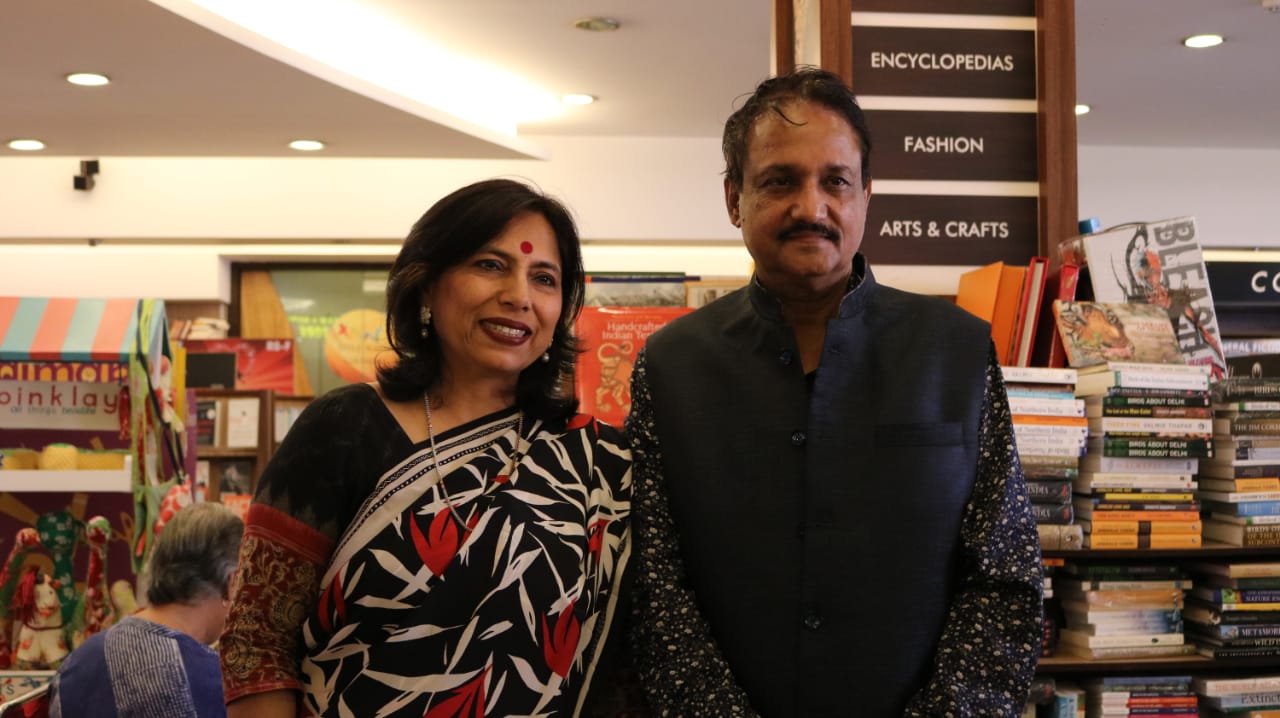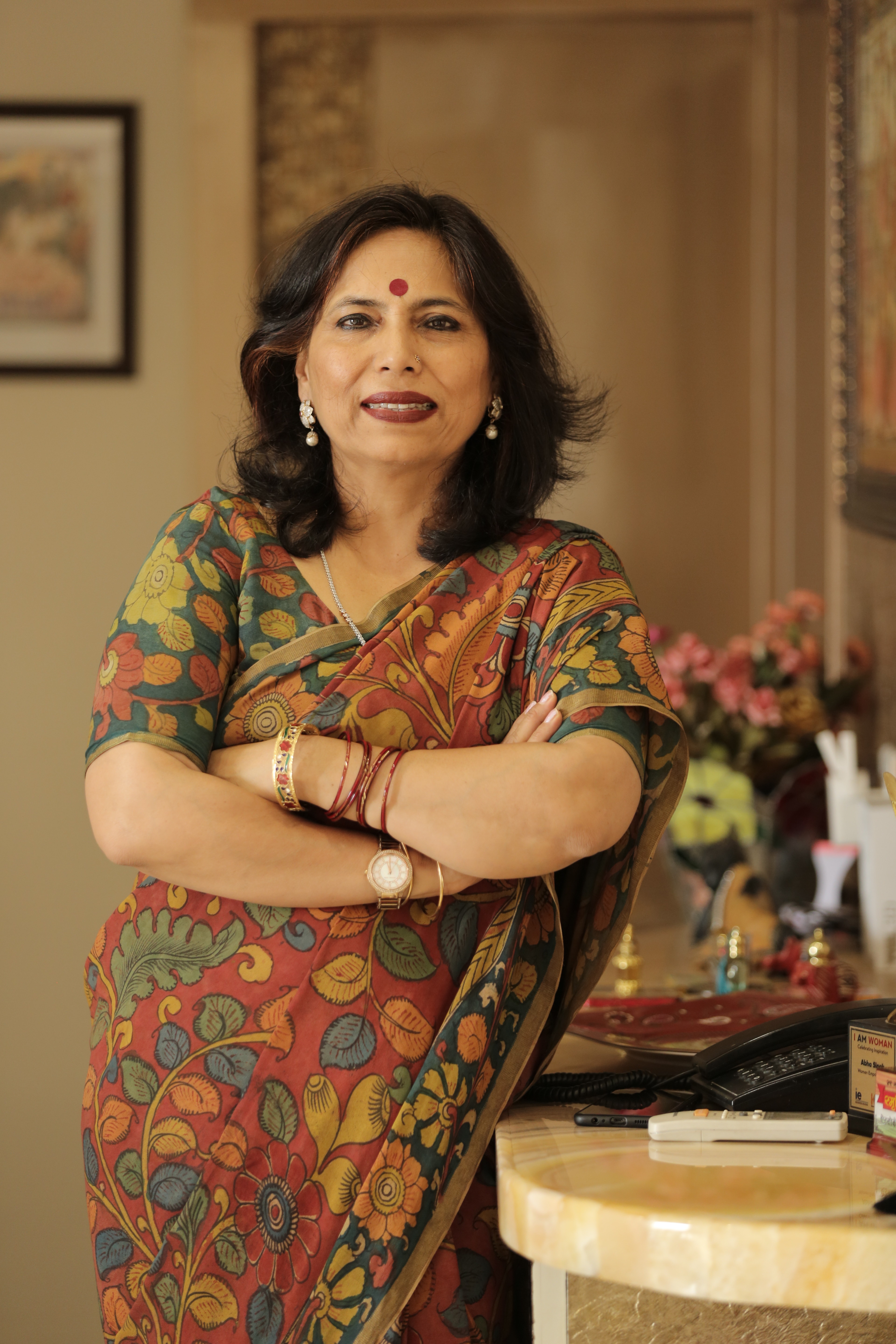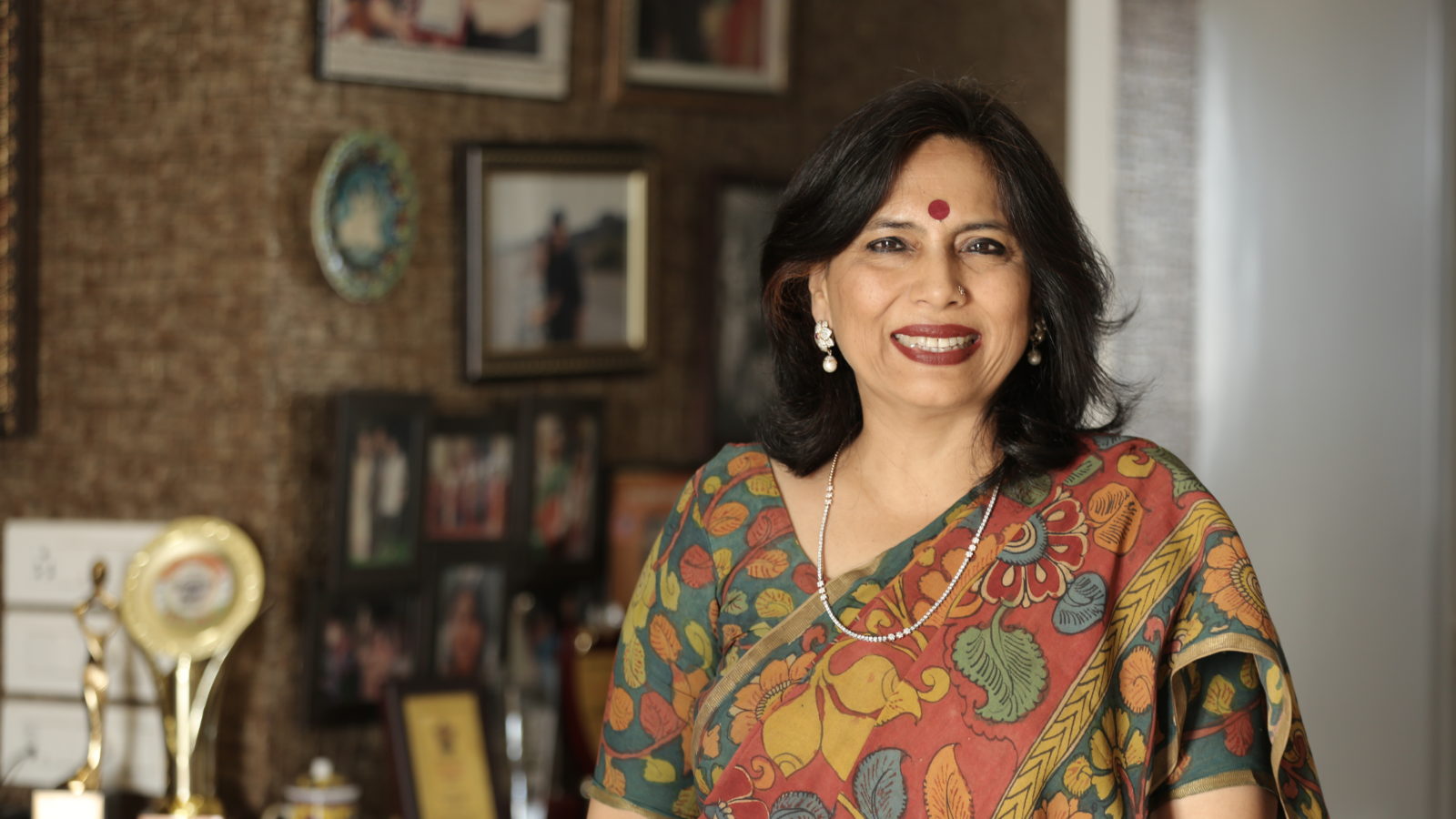When my father-in-law used to have dinner, he would be served piping hot chapatis (Indian flat breads). No rotis or phulkas could be made and stored in the casserole. No chapati could even be placed in the plate till the first was over. My mother-in-law was a working woman and regardless of where the family was, whether in comfortable Mumbai or cold Shimla winters, she would return home and roll the chapatis.
My husband grew up watching his mother straddle both worlds and as soon as he could, he started helping her in the kitchen.
In my own house, I didn’t learn how to cook. My father was a progressive man and had decided that my sister and I would join the civil services. And even as my mother said that at least let her learn how to cook, what will people say, he pushed us to chase our dreams.
And so, when I got married, I didn’t know how to cook. I could quickly fix a vegetable dish but didn’t know how to roll chapatis.

I remember that in the early days, my husband and I were in Akola. One day, I was fixing a meal in the kitchen while he was addressing a meeting outside. When it was time to make chapatis, I called him from the meeting and asked him to do it!
It was my husband who taught me how to make chapatis.
To this day, my daughter jokes that if we want to eat something delicious, we have to ask our dad, not our mom. I participate in the joke and I affectionately call my husband, the ‘metro man’, because I know how rare he is.
If I am with a group of 10 friends, I know that I am an exception. My other nine friends would be the ones managing everything at home.
I see this everywhere. Even in modern homes, it’s the woman who is coming back home, helping her children with their homework and cooking dinner, while the husband watches TV in the living room.
Traditionally, the man was the provider. It was taken for granted that they would do outside work. Now even as women have stepped out, they are expected to also manage housework. This mindset isn’t changed.
So much so, that I hear from young girls that when they are dating, they are treated equally, but when they get married, the husband expects them to wash his underwear or cook. Once they get married, they realise that they’ve suddenly become inferior.
It’s unfortunate because more often than not, if I see a dynamic, successful woman, I also see that she doesn’t have a good married life. If they’re very successful, somewhere they compromise.
And if the man is secure, the milieu around him taunts him, calls the wife bossy, and puts pressure on the man, which later presents itself as inferiority in the man.
I have been fortunate. I’ve had tremendous opportunities to do what I wanted to do, to fly, because my husband was supporting me. There was no envy. He was rejoicing in my success.
It leads me to believe that if a man is ready to divide the burden in the kitchen, he will also rejoice in the wife’s career, in her success.
(As told to Apekshita Varshney)


